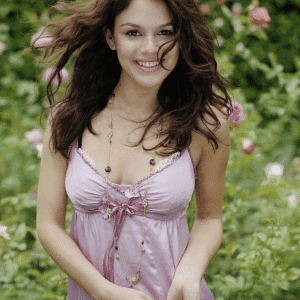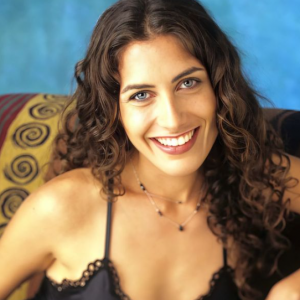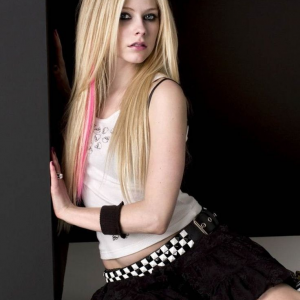Merle Oberon was one of Hollywood’s most captivating actresses, known for her sophisticated beauty, graceful screen presence, and undeniable talent. Rising to fame in the 1930s, she left an indelible mark on cinema, starring in classics like Wuthering Heights and The Scarlet Pimpernel. But behind the glitz and glamour, Oberon’s life was filled with carefully guarded secrets, particularly regarding her true heritage.
early life: a hidden past
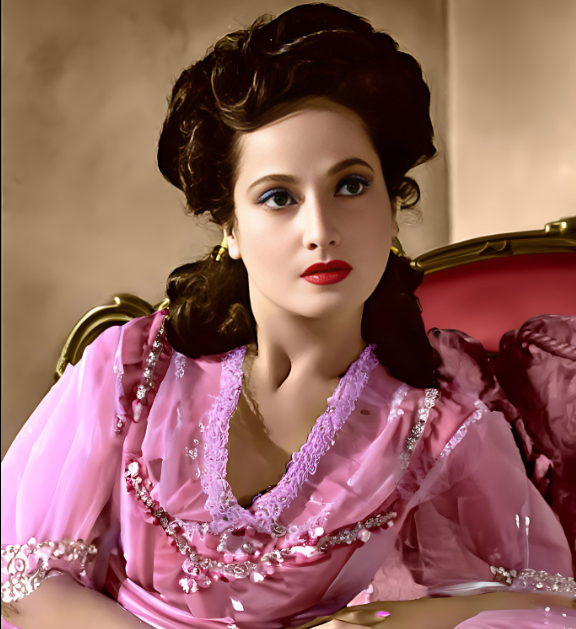
Merle Oberon was born Estelle Merle O’Brien Thompson on February 19, 1911, in Bombay (now Mumbai), British India. Unlike many of her Hollywood peers, Oberon’s background was far from the aristocratic European lineage she later claimed. She was of mixed-race descent, with a mother of Sinhalese and Māori heritage, something she worked tirelessly to conceal due to the racial prejudices of the time.
To avoid discrimination, Oberon fabricated a new identity, claiming she was born in Tasmania, Australia, and later moved to England. This allowed her to enter the film industry at a time when actors of color faced significant barriers to mainstream success.
rising to stardom: the alexander korda connection
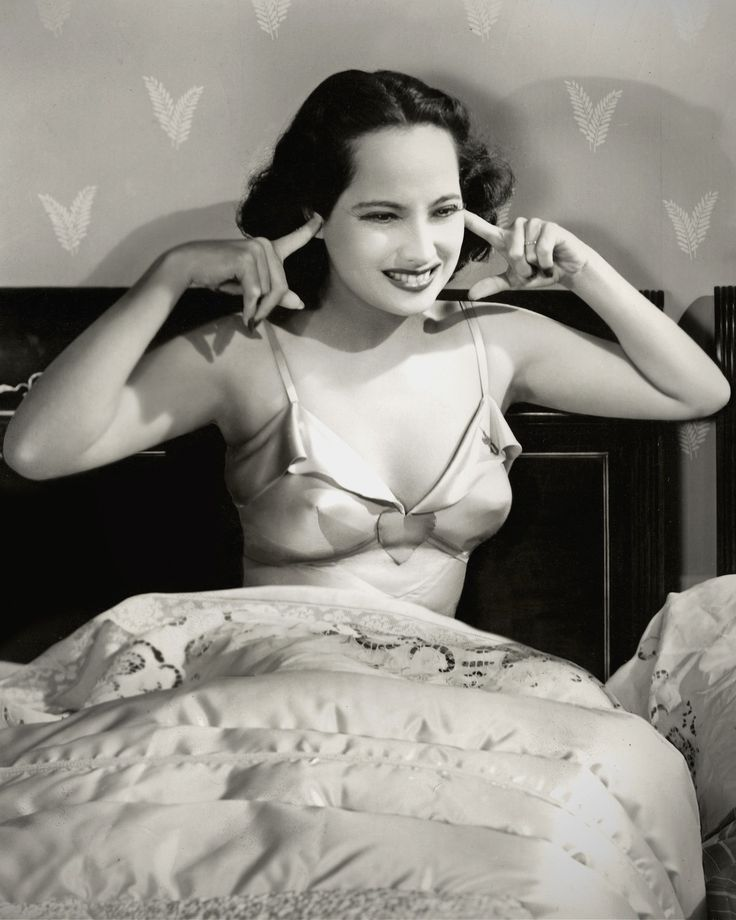
Oberon’s career took off in London during the late 1920s, where she pursued acting roles while carefully crafting her public persona. Her breakthrough came in 1933 when legendary producer Alexander Korda discovered her and cast her in The Private Life of Henry VIII, where she played Anne Boleyn.
Korda, who later became her first husband, helped shape her career and guided her transition to international stardom. Under his direction, she starred in major films like:
- The Scarlet Pimpernel (1934)
- The Dark Angel (1935) – earned her an Academy Award nomination
- These Three (1936)
Her unique exotic beauty and sophisticated screen presence set her apart from other actresses of the era, making her one of the most sought-after leading ladies in British and American cinema.
hollywood breakthrough: wuthering heights and beyond
Oberon reached the peak of her career with her acclaimed performance as Cathy in Wuthering Heights (1939), starring opposite Laurence Olivier. This role cemented her place in Hollywood’s Golden Age, as she continued to land leading roles in both romantic dramas and historical films.
Some of her most notable films from this period include:
- The Divorce of Lady X (1938)
- That Uncertain Feeling (1941)
- Lydia (1941)
- The Lodger (1944)
- Berlin Express (1948)
Her talent for portraying elegant yet emotionally complex characters allowed her to work alongside some of the most renowned actors and directors of the era.
personal life: marriages and hidden struggles
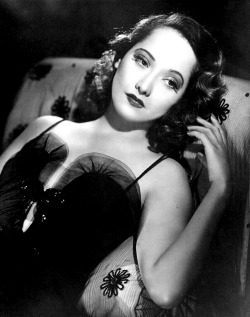
Merle Oberon’s personal life was just as dramatic as her films. She was married four times:
- Alexander Korda (1939–1945) – The producer who launched her career but later divorced her due to personal differences.
- Lucien Ballard (1945–1949) – A Hollywood cinematographer who developed special lighting techniques to conceal a facial scar Oberon had from an earlier accident.
- Bruno Pagliai (1957–1973) – A wealthy industrialist with whom she adopted two children.
- Robert Wolders (1975–1979) – A Dutch actor who remained with her until her passing.
Oberon’s obsession with concealing her true identity extended into her personal life. Even those closest to her were often unaware of her real family background, as she maintained the story of her fabricated Tasmanian origins for decades.
later career and transition into retirement
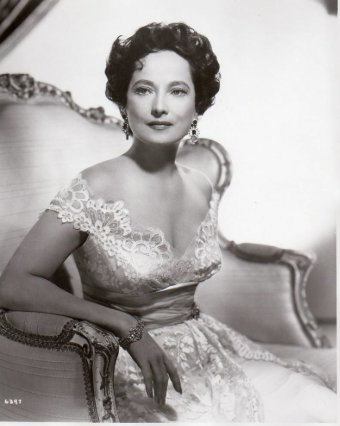
As Hollywood evolved, Oberon’s career slowed down in the 1950s and 1960s, though she continued to take on select roles in films like:
- Desirée (1954) – As Empress Joséphine opposite Marlon Brando’s Napoleon
- Of Love and Desire (1963)
- The Oscar (1966)
Her final film appearance was in Interval (1973), a lesser-known romantic drama. By this time, she had largely retired from acting and focused on her personal life.
her passing and the truth revealed
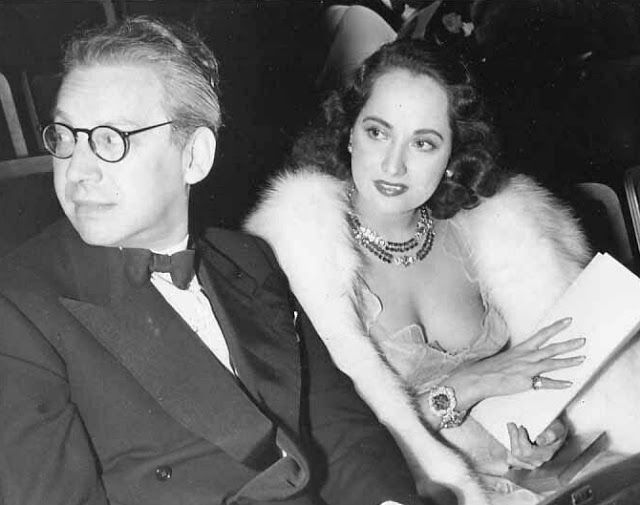
Merle Oberon passed away on November 23, 1979, at the age of 68 in Malibu, California, after suffering a stroke. She was buried at Forest Lawn Memorial Park in Glendale, a resting place for many Hollywood legends.
After her death, the truth about her heritage slowly emerged, leading to re-evaluations of her legacy. Despite decades of success, her struggle to hide her origins highlighted the racial challenges faced by non-white actors in early Hollywood.
merle oberon’s impact on hollywood

Even though she worked in an era where image was everything, Oberon left behind a cinematic legacy of:
- Dramatic elegance – She portrayed strong, complex women in historical dramas and romantic films.
- Groundbreaking representation – Even while hiding her heritage, she paved the way for future actresses of diverse backgrounds.
- Timeless performances – Films like Wuthering Heights and The Scarlet Pimpernel remain classics that continue to be studied and appreciated.
Her story is a reminder of the sacrifices many actors had to make to succeed in Hollywood, but also of the enduring power of talent and ambition.
conclusion: a legacy of brilliance and secrecy
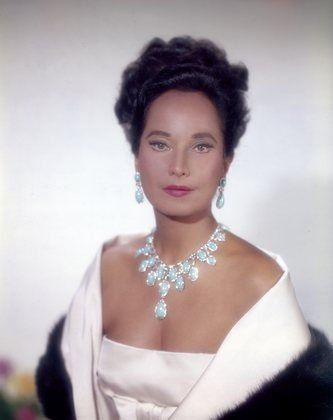
Merle Oberon was more than just a glamorous Hollywood star—she was a trailblazer, navigating a world that wasn’t ready to embrace her true identity. Her career, filled with acclaimed performances, remains an essential part of cinema history, even as the truths she concealed continue to fascinate new generations.
Though she hid much of her past, her on-screen brilliance and captivating performances have ensured that her place in Hollywood history remains unshakable
